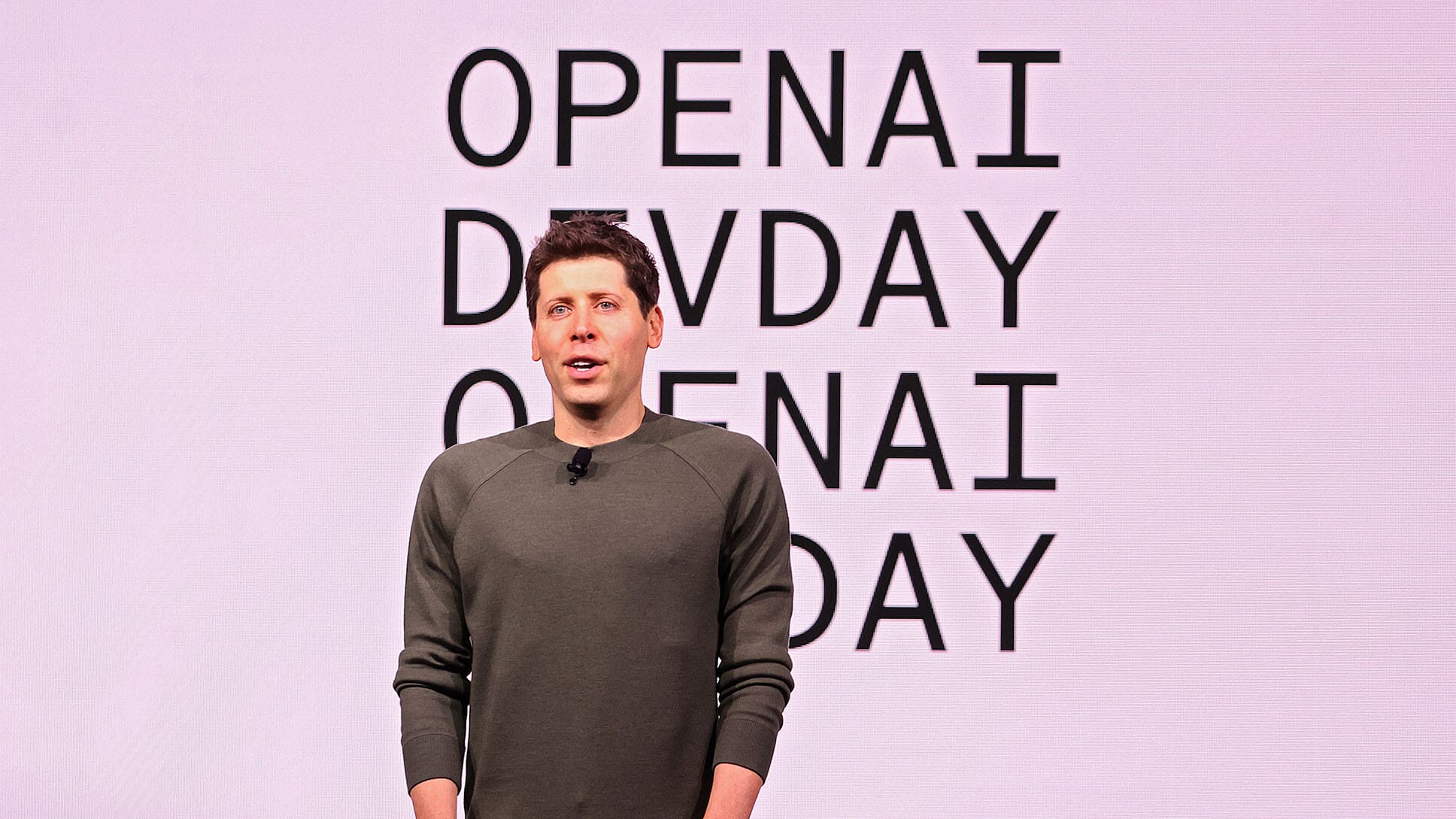
Change of strategy: OpenAI won't introduce GPT-5 model at DevDay
What's the story
OpenAI, a leading AI research company, has announced a shift in its approach for the upcoming annual DevDay conference.
This year, the focus will be on developer engagement rather than unveiling new models.
The company confirmed that it would not introduce its next flagship model at the conference, but instead concentrate on updates to its APIs and developer services.
The DevDay events will take place in San Francisco on October 1, London on October 30, and Singapore on November 21.
Event details
What will the events entail?
An OpenAI spokesperson revealed, "We're not planning to announce our next model at DevDay. We'll be focused more on educating developers about what's available and showcasing dev community stories."
The DevDay events will feature workshops, breakout sessions, demos with the OpenAI product and engineering staff as well as developer spotlights.
Registration will cost $450 (free for eligible attendees with scholarships). The applications will close on August 15.
Strategy shift
OpenAI's new approach amid generative AI development
The change in focus for the DevDay conference aligns with OpenAI's recent strategy of taking more incremental steps in generative AI development.
The company is currently refining its leading models GPT-4o and GPT-4o mini, to enhance performance and prevent them from malfunctioning.
This approach comes as OpenAI faces challenges in maintaining its technical lead in the generative AI race, due to difficulties in sourcing high-quality training data.
Hurdles
Data access challenges for AI training
According to Originality.AI, over 35% of the world's top 1,000 websites now block OpenAI's web crawler.
A study by MIT's Data Provenance Initiative found that approximately 25% of data from "high-quality" sources, has been restricted from major datasets used to train AI models.
If this trend continues, research group Epoch AI predicts that developers will run out of data to train generative AI models between 2026 and 2032.
Future prospects
OpenAI's costly measures and future plans
In response to these data access challenges, OpenAI has entered expensive licensing agreements with publishers and data brokers.
The firm is also developing a reasoning technique that could enhance its models' responses on certain questions, particularly those related to math.
Mira Murati, the company's CTO, has promised a future model with "PhD-level" intelligence.
In May, OpenAI revealed in a blog post that it had begun training its next "frontier" model.